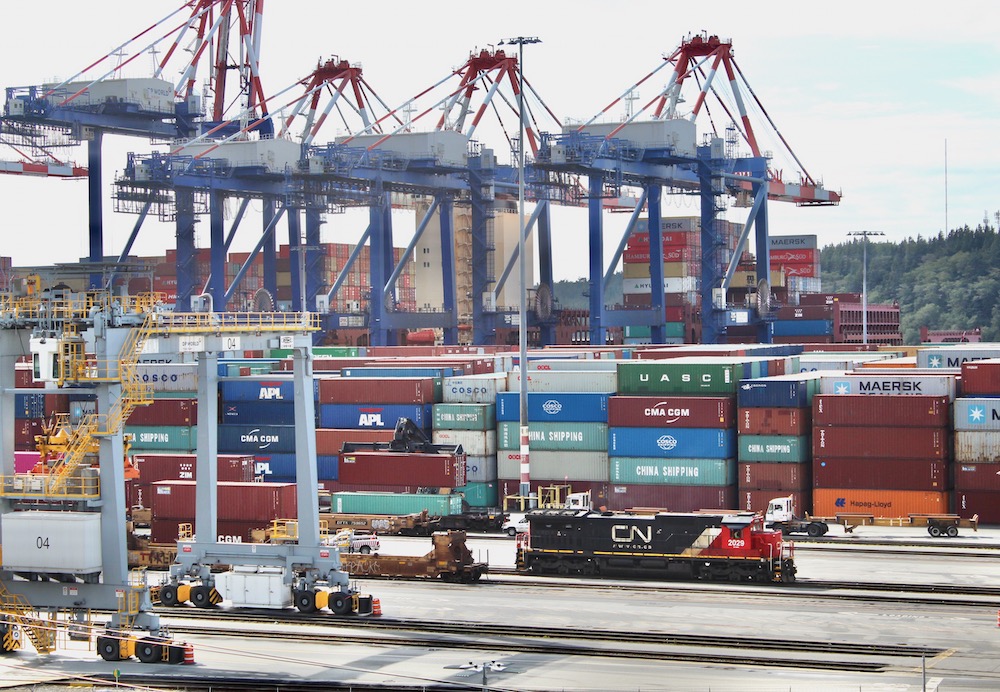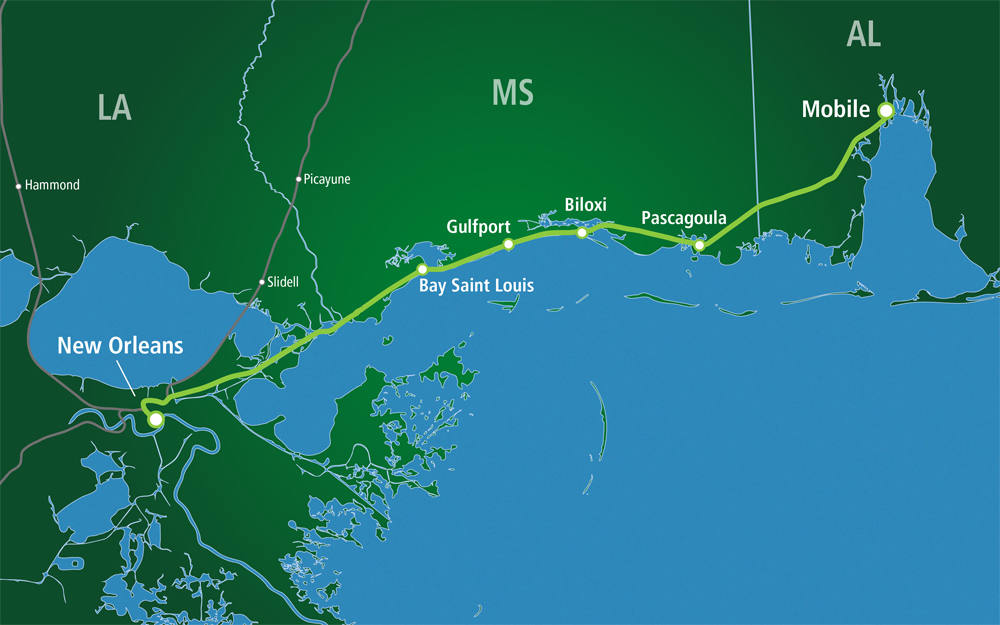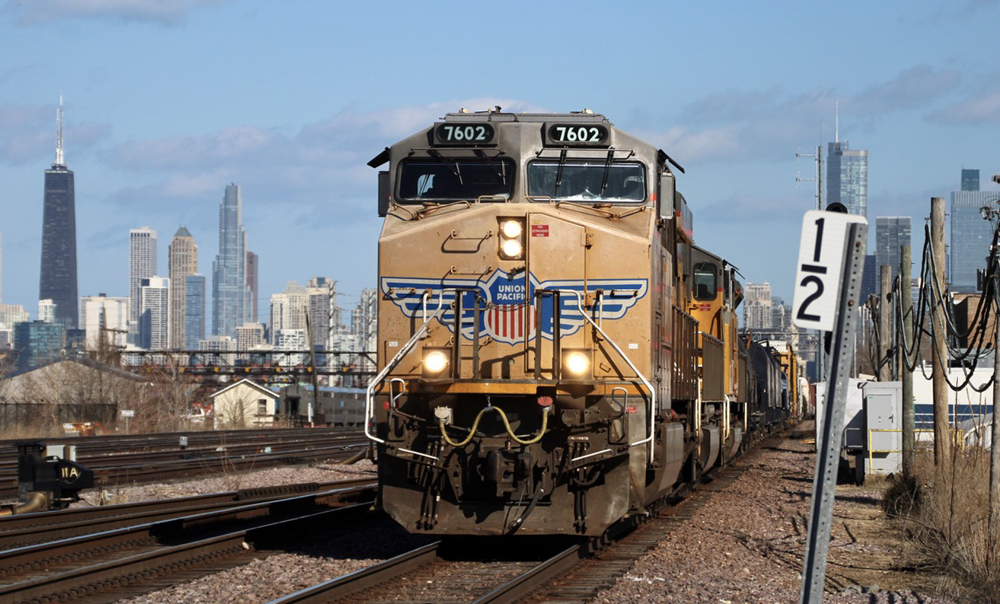
VANCOUVER, British Columbia — Workers have returned to work at British Columbia ports after their union and employers reached a tentative agreement on Thursday, ending a 13-day strike.
The two sides accepted terms drafted by a federal mediator on Thursday morning, about 10 minutes before a deadline set by Canadian labor minister Seamus O’Regan, according to a statement from the International Longshore and Warehouse Union. Union members, as well as the British Columbia Maritime Employers Association, must still ratify the agreement. Union members began returning to work at 4:30 p.m. PDT.
A joint statement from O’Regan and Transport Minister Omar Alghabra said “the scale of disruption” from the strike had been “significant” and that Canada’s supply chain and economy depend relationship between industry and labor. “We do not want to be back here again,” the statement said.
The strike caused a significant hit to Canadian rail traffic. Figures from the Association of American Railroads showed intermodal volume in Canada during the strike’s first week dropped by 46% from the same week a year earlier [see “Weekly U.S. rail figures remain down,” Trains News Wire, July 13, 2023].
About 7,400 workers went on strike July 1, halting most shipments in and out of 30 ports in British Columbia. A few items, such as bulk grain, were still allowed to be shipped. According to a CBC report, about 63,000 containers are waiting to be unloaded at ports, while the Greater Vancouver Board of Trade says the strike has disrupted an estimated C$9.7 billion in trade.
The Vancouver Sun reports it could take up to two months to address the cargo backlog from the strike CGT Terminals Canada Vice President Marko Dekovic told the newspaper the facility in Roberts Bank, served by Canadian National and Canadian Pacific, expects recovery to take “weeks, not months” based on capacity added during a 2018 expansion.














ALASKA BY RAIL ==== DCNRHS YOUTUBE incude profitable food service and proposed
Fairbank to Edmonton rail line.
Let’s hope everybody ratifies the agreement. Notice that the government did not step in with a heavy hand.
The article does state that the Canadian Labor Minister had set a deadline.
Of course the government didn’t step in. This federal government is only too willing to help in keeping supply chains down and starving Canadian people. They screwed government workers in the tax office, because they need your taxes. Everyone else can eat carbon taxes.